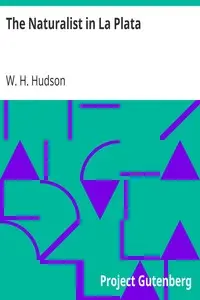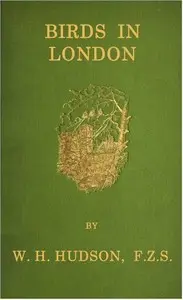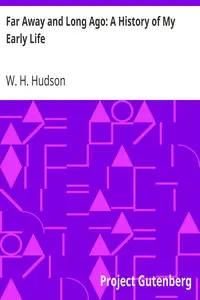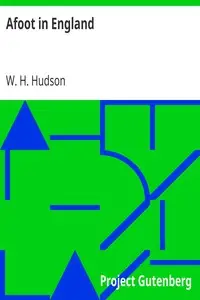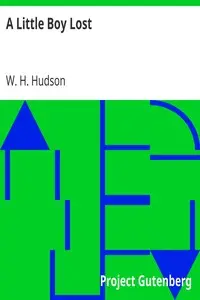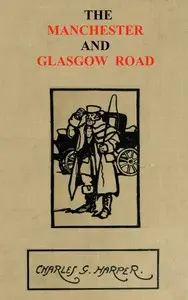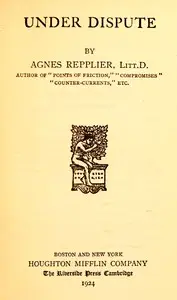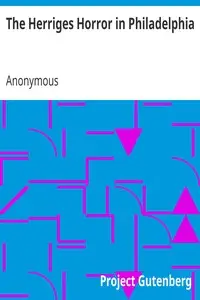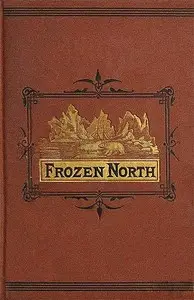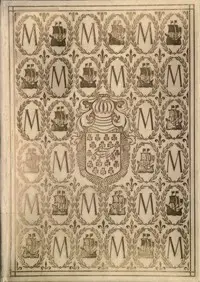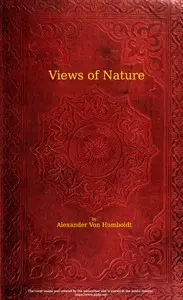"The Land's End: A Naturalist's Impressions In West Cornwall" by W. H. Hudson is a nature-inspired account written in the early 20th century. The work serves as a naturalist's memoir, sharing impressions of the wildlife, people, and landscapes of West Cornwall, particularly the Land's End region. It offers insights into the natural beauty of the area and the unique character of its inhabitants, particularly the fishermen and their relationships with the wild animals around them. At the start of the memoir, the author reflects on his journey to Cornwall, revealing a mix of longing and finally fulfillment upon reaching St. Ives. He describes the rugged beauty of the town, the fishermen's daily lives, and their affectionate connection to children, contrasting it with the somber nature of loss in the community. Through detailed observations, Hudson paints a vivid picture of the landscape and the wildlife, such as daws and gulls, highlighting the gentle yet harsh life by the sea, while also pondering on the isolation and deep-rooted traditions of the Cornish people. (This is an automatically generated summary.)
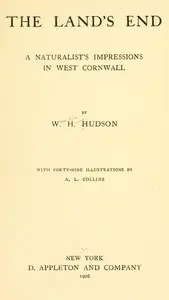
The Land's End: A Naturalist's Impressions In West Cornwall, Illustrated
By W. H. (William Henry) Hudson
"The Land's End: A Naturalist's Impressions In West Cornwall" by W. H. Hudson is a nature-inspired account written in the early 20th century. The work...
William Henry Hudson, known in Argentina as Guillermo Enrique Hudson, was an Anglo-Argentine author, naturalist and ornithologist. Born in the Argentinian pampas where he roamed free in his youth, he observed bird life and collected specimens for the Smithsonian Institution. The Patagonian birds Knipolegus hudsoni and Asthenes hudsoni are named after him. He would later write about life in Patagonia that drew special admiration for his style. His most popular work Green Mansions (1904), a romance set in the Venezuelan forest inspired a Hollywood movie and several other works.


